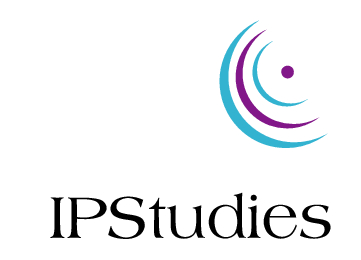In the CRISPR-CAS patent landscape, the file history of US patent 8’697’359 by Dr. Feng Zhang from the Broad Institute highlights how a “get this one granted fast” IP strategy can be enforced in IP management practice with a strong collaboration from the inventors, at least in the USPTO prosecution, and especially in a research field where a large part of the prior art is academic.
In that specific case, a US patent application was filed at the USPTO on Oct 15, 2013 claiming multiple priorities up to Dec 12, 2012. The applicants requested a 12-month accelerated examination and the file history shows a very active correspondence between the law firm representatives and the USPTO. In her Jan 13, 2014 and Jan 17, 2014 non final rejections, the examiner quoted a prior art PCT application ‘772 filed by the competing team from University of California and University of Vienna on the CRISPR-CAS9 technology development. To overcome this rejection, Dr Feng Zhang further submitted on Jan 30, 2014 a personal declaration to more directly explicit the claims differentiation over what was formerly quoted by the examiner.
This personal declaration, which is 40 pages long and further accompanied by various exhibits and a concurring declaration by one of the members of the research team, focuses on demonstrating that “the CRISPR-Cas system was not known to function in eukaryotic cells at the time of the prior art priority applications filed by University of California in May 2012 and October 2012 respectively”, out of 1) scientific literature including literature statements from some persons named as inventors on the ‘772 publication, and 2) first-to-invent evidence from research works conducted at The Broad Institute before May 2012, which was still applicable in the US for this pre-AIA application.
Patent 8’697’359 was finally granted on March 15, 2014 – the first in a complex family of continuation-in-parts, divisional and multiple international prosecution applications, covering different subject matters from different priority dates and for some of them, associated with different set of inventors, so they require a careful individual analysis as they are now entering examination in various patent offices.
To help you orienteering into this fast evolving IP landscape, IPStudies now also offers a CRISPR-Cas dedicated patent monitoring service. The service can be subscribed on a monthly or yearly basis and comprises an online patent database access to monthly patent publication updates, plus our strategic highlights out of patent office data analysis. Please contact us today for more information!
